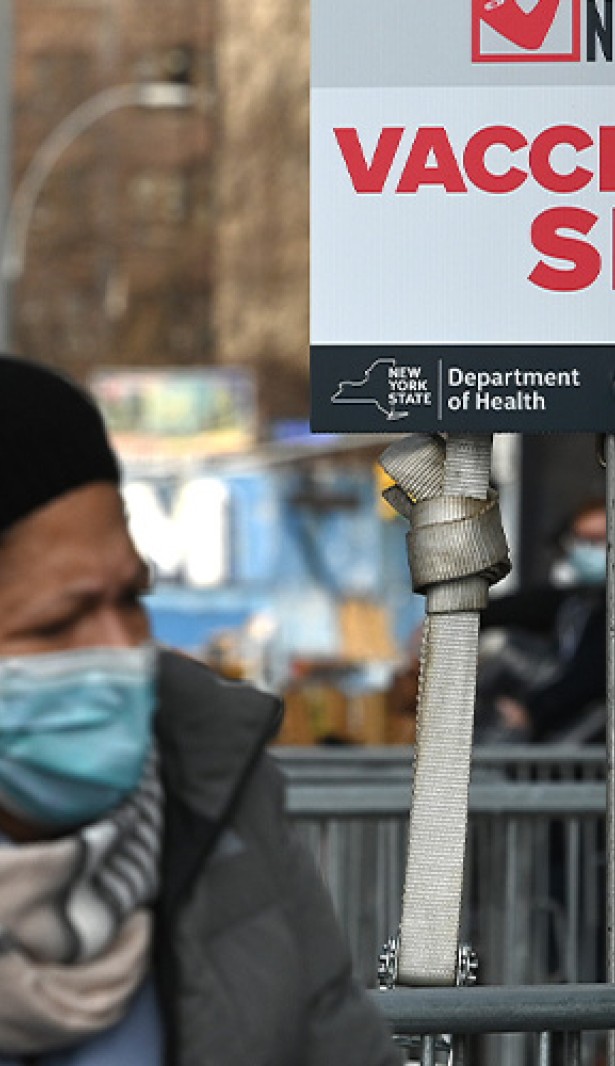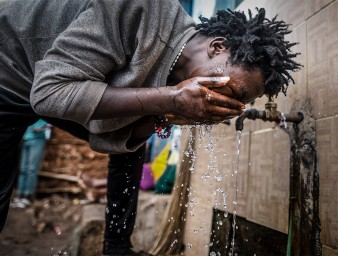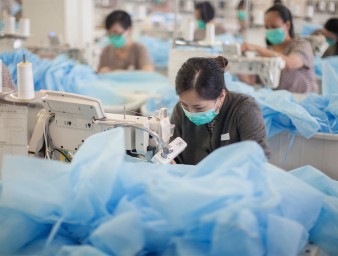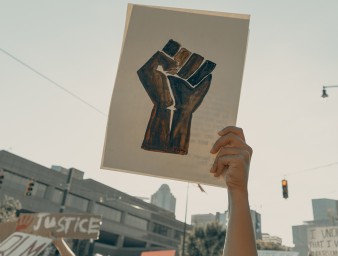We must “revitalise our forces for racial equality and justice,” says COVID-19 panel
02 March 2021
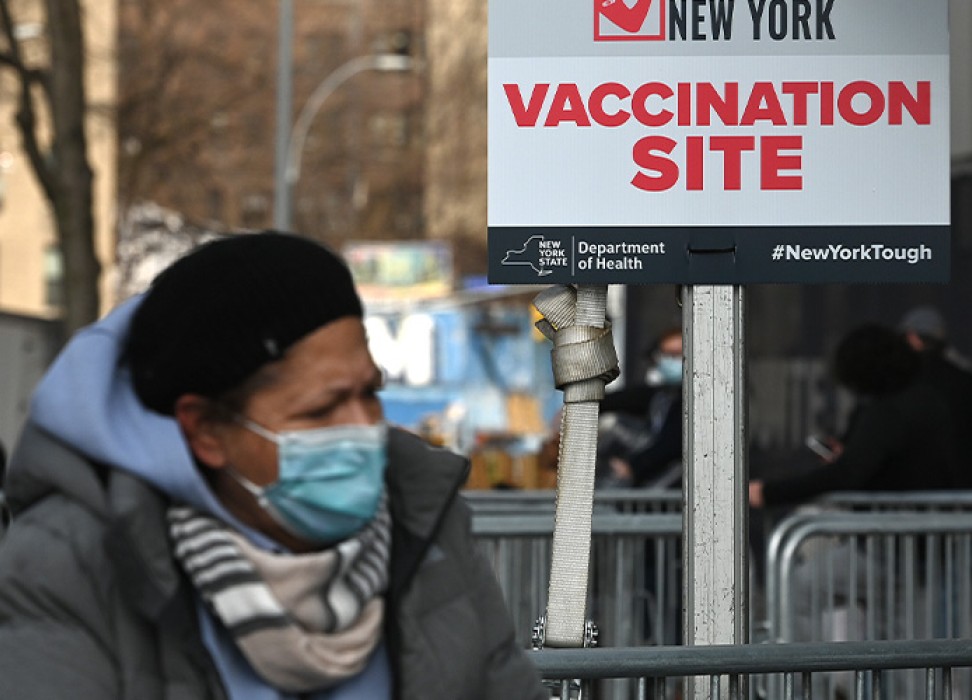
"Today, the COVID-19 pandemic has laid bare the existing vulnerabilities facing the most marginalised and disadvantaged groups," said Volkan Bozkir, President of the 75th session of the UN General Assembly. "The reality is that COVID-19 may not discriminate, but its impact has been far from even. Even within wealthier countries, ethnic, religious and racial minorities have poorer outcomes than the rest of society."
Bozkir was speaking via video at the opening of the Human Rights Council's annual high-level panel discussion on human rights mainstreaming. This year's discussion focused on progress made in efforts to eliminate racism, racial discrimination, xenophobia and related intolerance 20 years after the adoption of the Durban Declaration and Programme of Action (DDPA), and the exacerbating effects the COVID-19 pandemic has had on those efforts.
The DDPA, a comprehensive and visionary framework for preventing and combatting racism, racial discrimination, xenophobia and related intolerance, is still relevant today, twenty years after its adoption — particularly in times of unpredicted crises, such as the COVID-19 pandemic. It contains 48 references to health and healthcare where it urges various stakeholders to provide mechanisms to eliminate racial discrimination in the health-care system, and take steps to ensure equal access to comprehensive, quality and affordable health care for all.
During the pandemic, there have also been numerous instances where people belonging to racial, religious or ethnic minorities were subjected to physical attacks, hate speech and conspiracy theories accusing them for the spread of the virus.
UN Secretary General, Antonio Guterres, pointed out that racism and discrimination are the rejection of all that the UN stands for, adding that the "rot of racism is corroding institutions, social structures and everyday life."
"Overcoming the challenge demands action every day, at every level. It calls on us to assert our common values — the values of equality, non-discrimination, mutual respect — values that are deeply linked to the affirmation of human rights," Guterres urged the Council, calling for "a new social contract based on inclusivity and sustainability."
In her statement, UN Human Rights Chief, Michelle Bachelet, said that the pandemic has demonstrated that racism, discrimination and poverty form a vicious circle that constitutes an obstacle to achieving the Sustainable Development Goals. She further stressed that over the past year, all UN bodies and Governments around the world had seen the solidarity and moral power of the movement for equality that call on all of them to act.
"It is time to revitalize our actions – as multilateral bodies and as nations – for racial justice. We can begin by showing leadership, and speaking and manifesting our commitment to equality and non-discrimination," she said. "But there must also be far more concerted action – from the grassroots to Parliaments, corporate boardrooms, schools, streets, sports areas, hospitals and more – to seriously address systemic discrimination."
Speaking as a panellist, Phumzile Mlambo-Ngcuka, Executive Director of UN Women, pointed out that, 20 years ago, the DDPA recognized the intersection between race and gender and that building back better from the COVID-19 pandemic means "building in a gender-responsive manner."
"We also will have an opportunity to address the issue of participation and leadership of women of colour. Because women of colour are under-represented in decision-making bodies, even when they have qualifications and experience," she added.
Structural inequalities and racism may affect each aspect of diagnosis and treatment of COVID-19, beginning with who gets access to telemedicine, whose symptoms are taken seriously, who gets tested first for COVID-19, leading next to who gets hospitalized, who gets personal protection means, respiratory devices in hospitals and home care, and ultimately who gets vaccinated.
The Director-General of the World Health Organization (WHO), Tedros Adhanom Ghebreyesus, highlighted three key areas where his organization has been working on mainstreaming human rights relevant to the DDPA and the Leave No One Behind pledge of the 2030 SDGs.
These include, bringing a new focus to addressing the social determinants of health; in collaboration with UNESCO, identifying key interventions aimed at addressing systemic racial and ethnicity-based discrimination in COVID-19 recovery plans; and working as part of the UN Network on Racial Discrimination and the Protection of Minorities to advance progress in critical areas, such as health equity.
For Gabriela Ramos, UNESCO's Assistant Director-General for Social and Human Sciences, the world cannot be satisfied with simply reacting to crises but rather should address the root causes of structural racism.
"This requires evidence, and we are working on a scanning methodology to assess the role of institutional and legal frameworks in advancing our agenda for inclusion," she said.
"But we also must move from evidence to action, and we will offer a universal policy toolkit to combat racist ideologies and discriminatory systems, promote best practices, affirmative action policies, and strong incentives."
During the meeting, Volkan Bozkir, President of the 75th session of the UN General Assembly, committed to finalising an agreement on the modalities of the Permanent Forum for People of African Descent, in order to facilitate its first session this year. He also called on all UN Member States to lend their will and resources to the collective efforts of the UN.
2 March 2021
